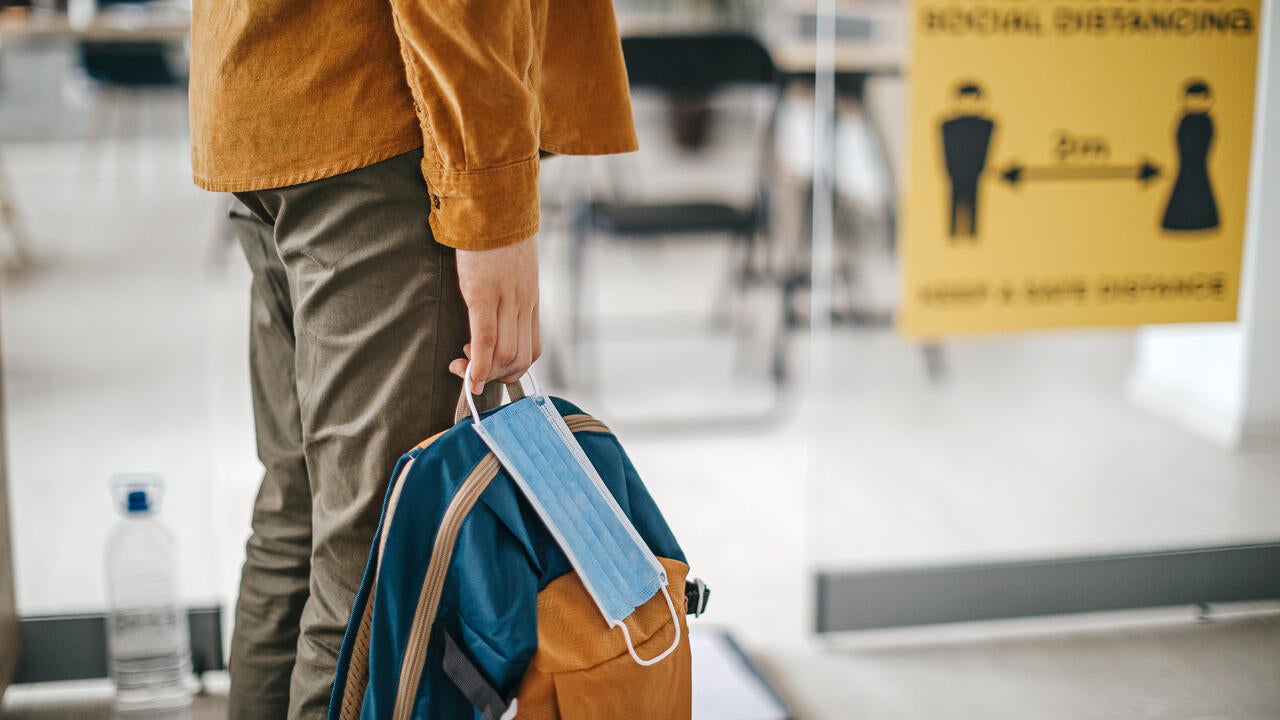
New research shows link between politics, boredom and breaking public-health rules
People who are more prone to boredom and who are socially conservative are more likely to break public-health rules.

People who are more prone to boredom and who are socially conservative are more likely to break public-health rules.
By Media RelationsPeople who are more prone to boredom and who are socially conservative are more likely to break public-health rules, according to new psychology research.
While previous research demonstrated a connection between being highly prone to boredom and breaking social-distancing rules, this study demonstrated the association was more prominent as participants’ social conservatism increased.
“Many public-health measures such as wearing a mask or getting a vaccine have become highly politicized,” said James Danckert, professor of psychology at the University of Waterloo. “People who find these measures a threat to their identity, and who suffer from boredom a lot, find breaking the rules helps them re-establish a sense of meaning and identity. Boredom threatens our need to make meaning out of life and some things such as politics can strengthen our sense of identity and meaning.”
For the study, researchers asked more than 900 people to respond to questions about boredom, political ideology and adhering to public-health measures such as wearing a mask or not socializing outside one’s household. They then applied a variety of statistical analysis techniques to explore the relations that underly these elements.
As the pandemic continues, the work has implications for public-health policy and communications. For instance, focusing on what people can do rather than what they are restricted from doing. Such messaging could help provide a more positive framework to help people ground their sense of identity and control.
“Many of the restrictions have become heavily politicized and much of the messaging from governments has focused on personal responsibility,” Danckert said. “But this can become finger pointing and blaming and most of us recoil from that. What we need is to promote our shared values – the things we all have in common and the positive things we can get back if we all pull together.
“It can be difficult for some people to cope with boredom and that can have serious consequences for an individual and for society at large. Boredom is not a trivial experience – it’s worth paying attention to it.”
The study, Boredom proneness, political orientation and adherence to social-distancing in the pandemic, appeared in the journal Motivation and Emotion and is a collaboration of researchers from the University of Waterloo, Duke University and Essex University.

Read more
To meet our AI ambitions, we’ll need to lean upon Canada’s unique strengths

Read more
New research from the University of Waterloo centres Haudenosaunee-led efforts in the repatriation and reclamation of cultural and intellectual property

Read more
Researchers awarded funding to investigate ecology, climate change, repatriation, health and well-being through cultural and historical lens
The University of Waterloo acknowledges that much of our work takes place on the traditional territory of the Neutral, Anishinaabeg, and Haudenosaunee peoples. Our main campus is situated on the Haldimand Tract, the land granted to the Six Nations that includes six miles on each side of the Grand River. Our active work toward reconciliation takes place across our campuses through research, learning, teaching, and community building, and is co-ordinated within the Office of Indigenous Relations.